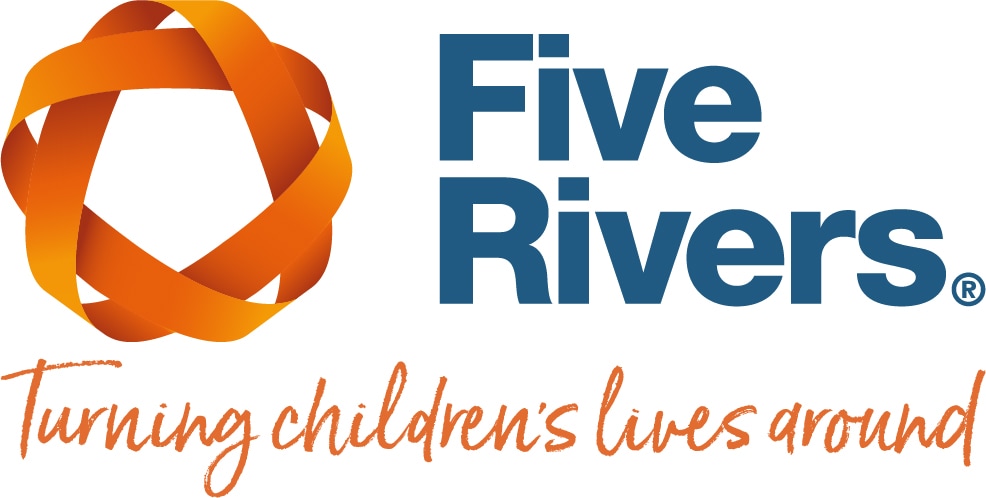What’s the difference between fostering and adoption? And is foster care the same as adoption?
In a nutshell? No. Fostering and adoption are not the same, but they do have a few things in common. Crucially, they both involve welcoming a vulnerable child or young person into your home and treating them as one of your own. Right now, tens of thousands of children are in need of fostering or adopting*. Offering a child a safe place to stay can be a hugely rewarding experience, giving you a unique opportunity to turn a life around.
The main difference between fostering and adoption
The main difference is that fostering is often temporary (with placements lasting anywhere between a few days to several years), while adoption is typically a permanent solution.
Other factors to consider when choosing whether to foster or adopt:
- Levels of support for fostering and adoption
One key consideration is that as a foster carer, you will continue to receive a high level of support from a professional, dedicated team of experts. Adoptive parents do not receive the same level of support and do not have access to the resources of a fostering agency to call on when they need help. With adoption, there is a period after the child is placed with you and before the adoption order is made when you have agency support, however this is only temporary.
It is worth noting that children’s needs change over time, and trauma related behaviours can often be dormant until a child enters adolescence. It can often be very difficult for adopters to access services when this happens. In contrast, foster children’s needs are kept under review and access to services to meet emerging needs is significantly easier.
Another type of support that foster carers receive is financial assistance. Foster carers are given an allowance made up of a fee for the carer and money to cover costs associated with childcare. Foster carer allowances depend on the number of children they are looking after, and the individual needs of the child/children.
In contrast, Adoption Allowance is often means tested, so some adoptive parents may not be eligible. It is also kept under review and can be withdrawn unless binding agreements have been made, which is often not the case. There are however other forms of financial support for adoptive parents, such as the Adoption Support Fund (ASF) which offers financial assistance to pay for essential therapeutic services for eligible adoptive and special guardianship order (SGO) families.
Read more about Five Rivers foster care allowances here or click here to learn more about our training programme and 24/7 support.
- Permanency of fostering and adoption
Foster placements can vary in length from just one day to long-term placements which can take the child right through to adulthood. While some foster placements can last years, placements are often temporary while plans for the child’s long-term future are made and implemented.
The goal of fostering is not adoption, although this does sometimes happen. Typically, foster children do not become eligible for adoption, but programmes such as ‘Fostering for Adoption’ do exist.
The most important thing to note about adoption is that it is a permanent arrangement. When the child becomes your child, you are the parent. There are no second goes – they are part of your family forever.
- Legal responsibility of fostering and adoption
When you adopt, you take on a legal responsibility to permanently care for a child or young person. You become the child’s legal guardian, and they in turn have legal familial rights as any other member of your family would.
When you foster, the Local Authority is defined as the ‘Corporate Parent’ in addition to, or instead of the child’s birth parents. As an Independent Fostering Agency, Five Rivers are bound by law to make decisions about the child’s care, working in partnership with foster carers and the Local Authority. Though carers have no legal responsibility, the delegated authority gives carers some freedom to make decisions about the children in their care.
- Eligibility to foster or adopt
Both foster carers and adoptive parents must complete a thorough approval process.
Before any checks commence, foster parents must confirm they meet the following criteria:
- You must have a spare bedroom for each foster child
- You must be at least 21 years old
- You must be residing in the UK
- You must be able to give the time to care for a child or young person, often on a full-time basis
- Must agree to undertake training and an assessment process lasting 4 – 6 months.
Should you wish to adopt, the criteria and approval process is slightly different:
- Must be at least 21 years old
- Must have lived in the UK for a minimum of one year
- One partner must have a permanent home in the UK, Channel Islands, or the Isle of Man
- Must undergo a two-part assessment and preparation process taking approximately 6 months
In summary, foster care and adoption are not one and the same, but they both offer an unique opportunity provide support to a child or young person who really needs it. If you would like to learn more about fostering, click here to arrange a call at a time that is suitable for you.
You can also hear from some of our amazing foster carers by reading our fostering stories.
*Source: The Fostering Network
